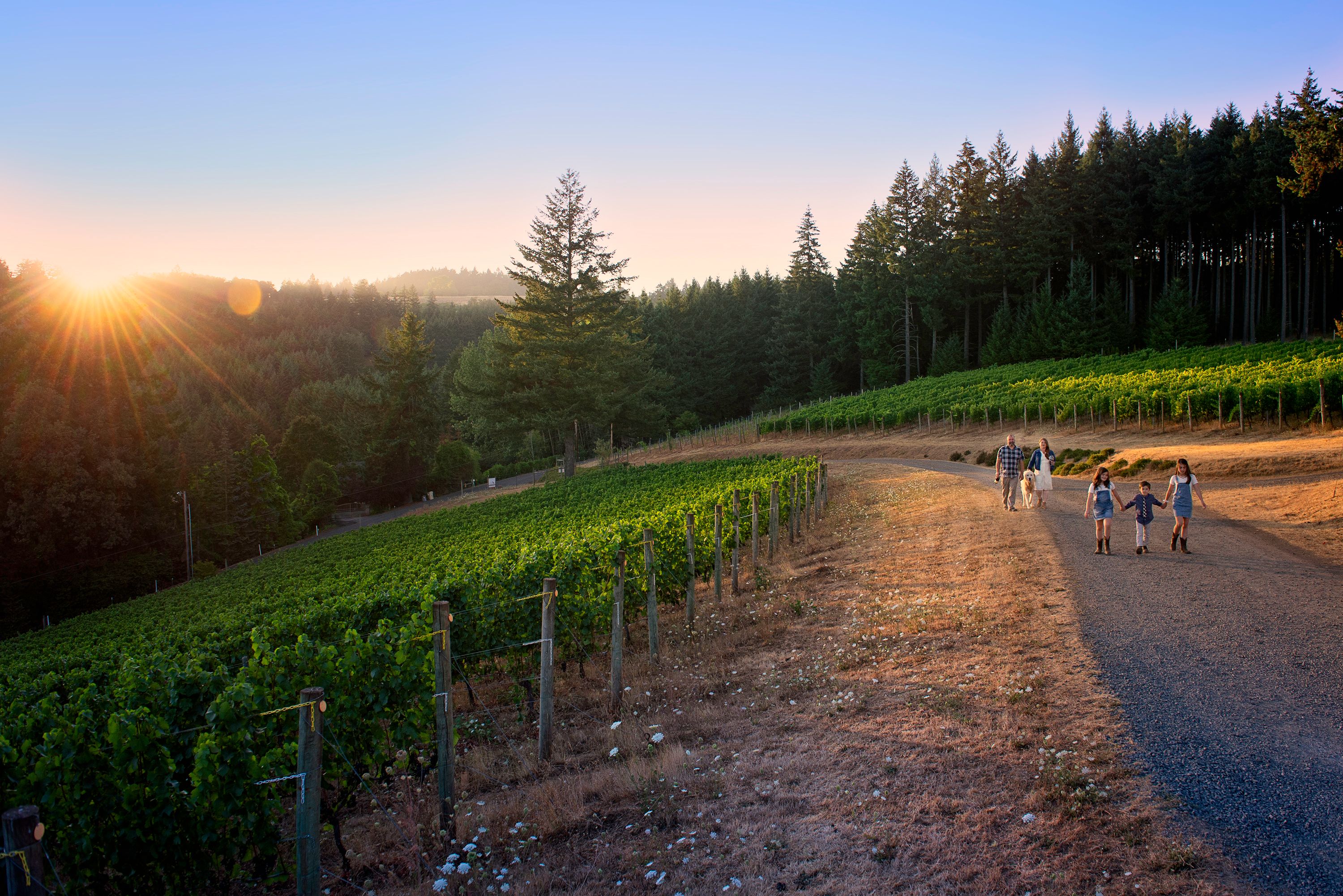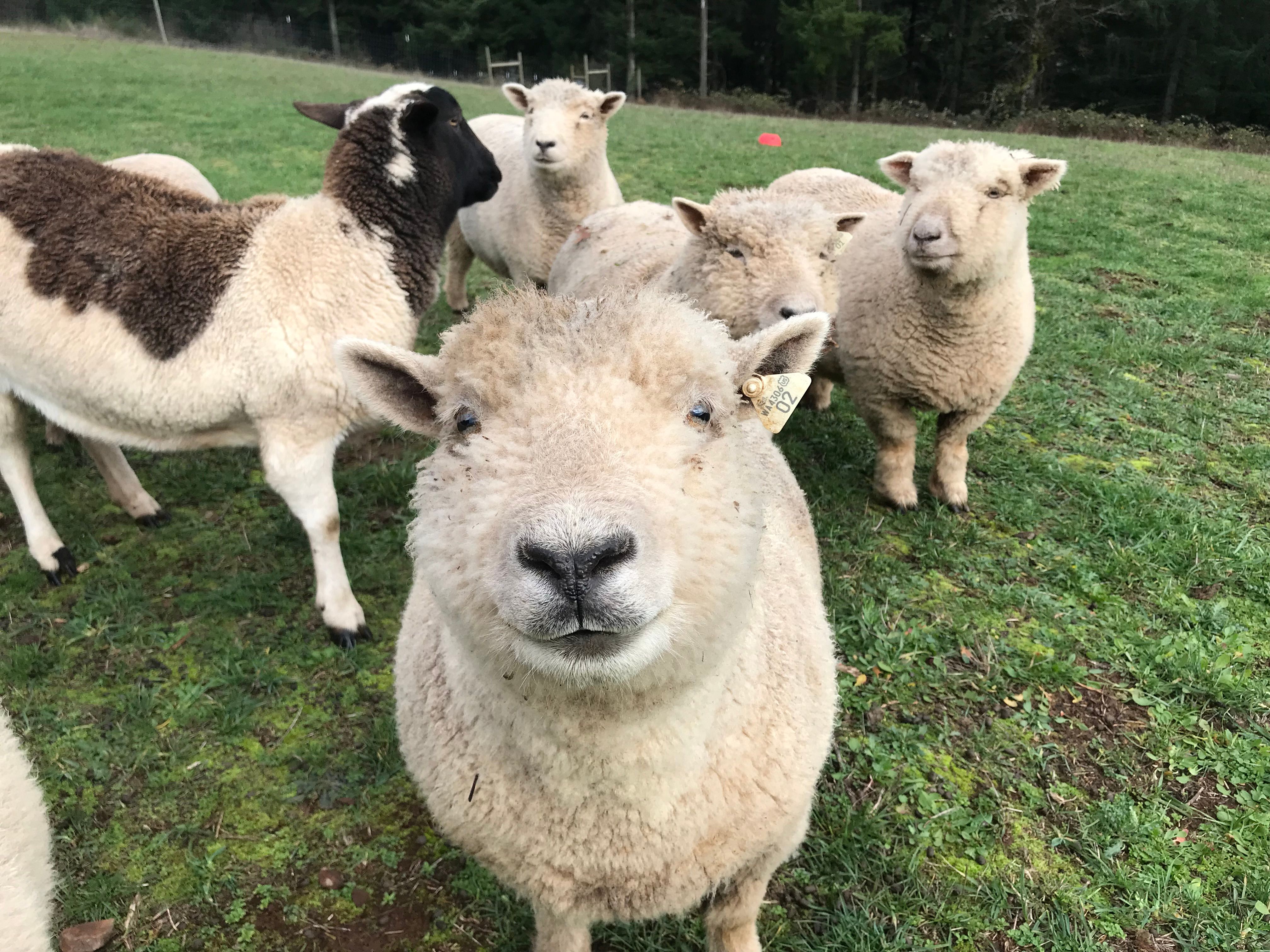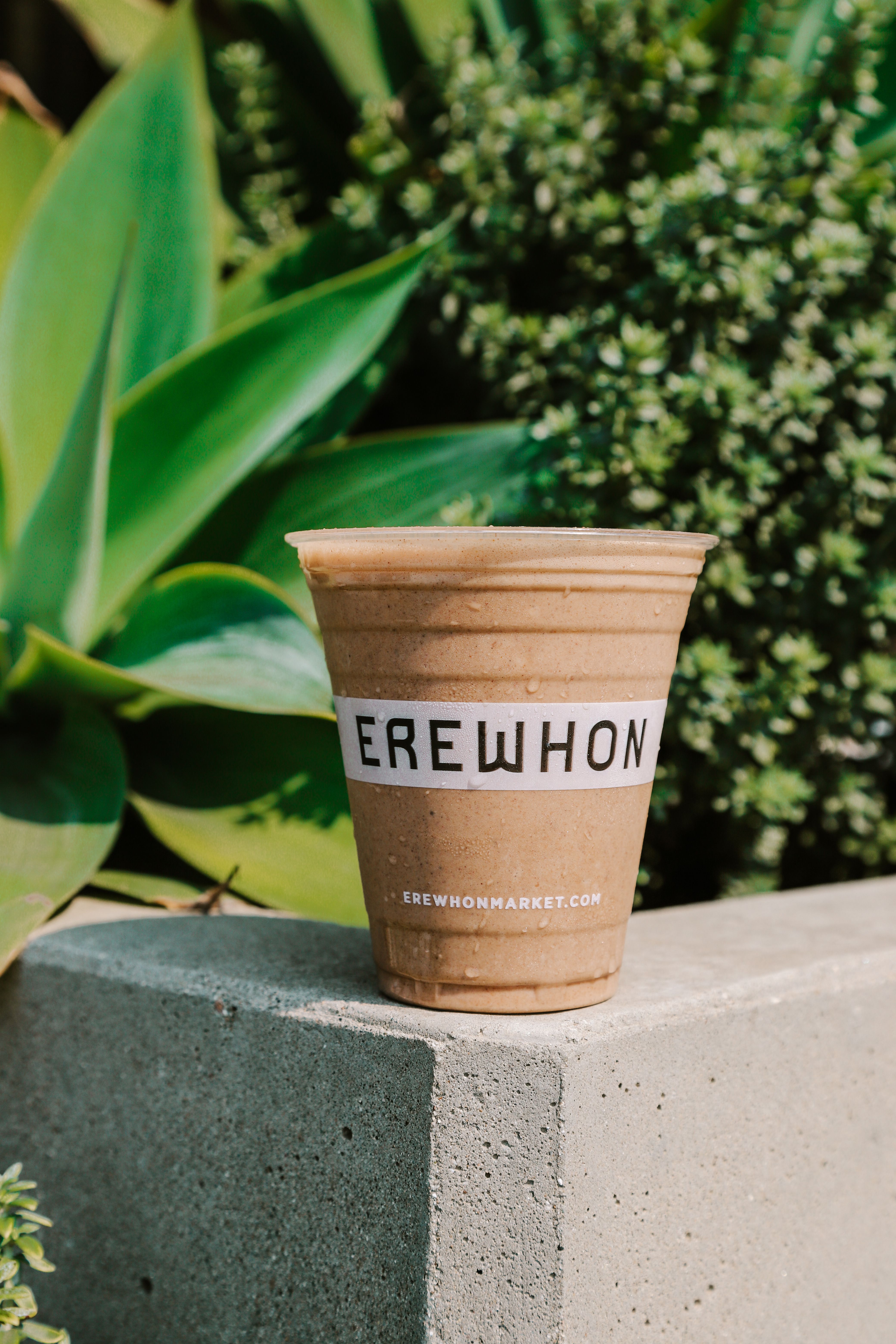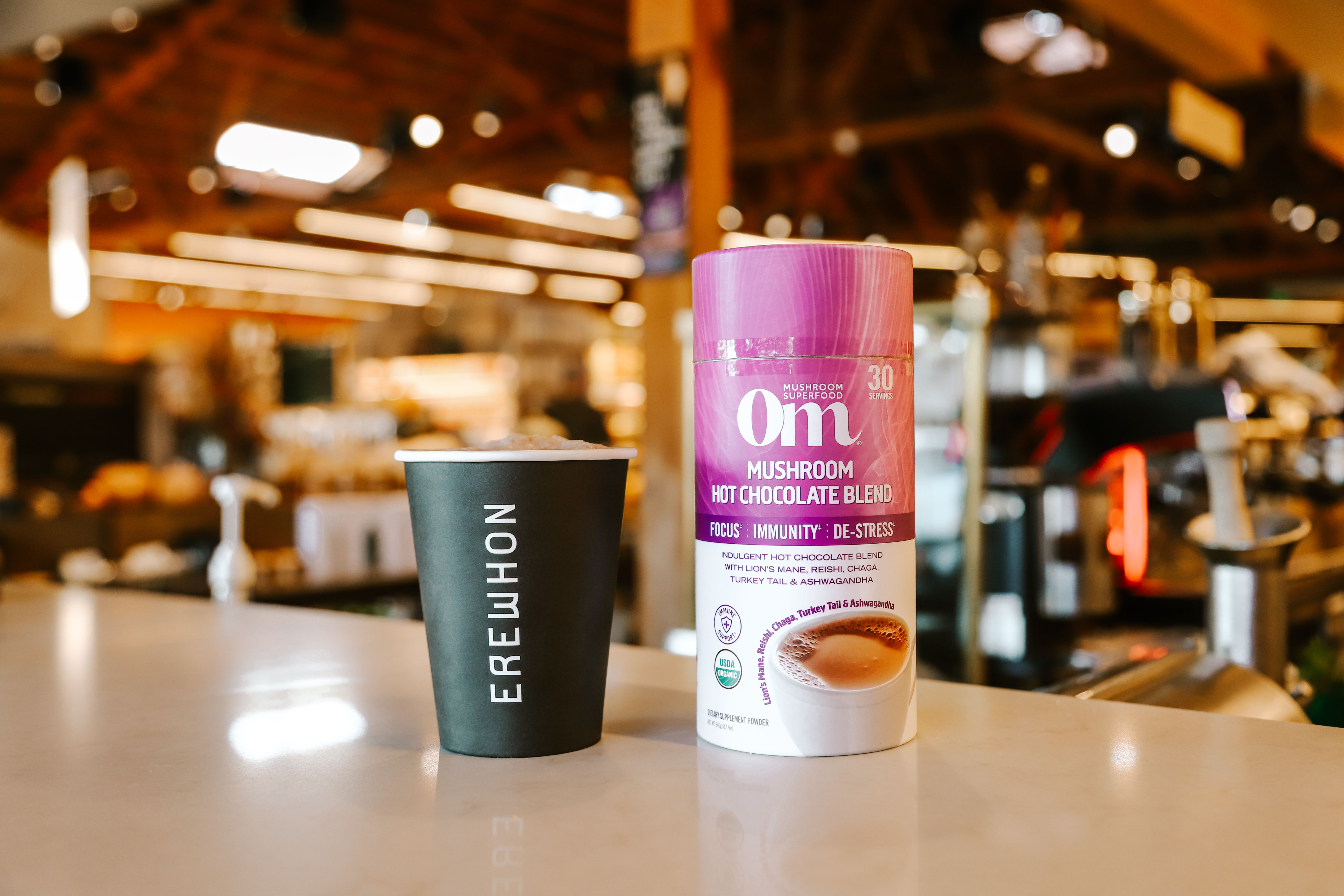Tell us a little about your background—when did you become interested in farming and winemaking?
Annedria Beckham: We moved to the property in 2004 with the intent of building a ceramics studio for Andrew’s budding art career. We became inspired by the local farming community and in 2005 began clearing and planting the property surrounding our home. While consciously leaving riparian zones for natural habitat and wildlife we progressively expanded the vineyard to nearly half of the 34 acres while also constructing a tasting room, winery, and fully functioning ceramics studio. We planted and farm Pinot Noir, Trousseau, Riesling, Sauvignon Blanc, Aligoté, Gamay Noir and a very small test block of Italian varietals and recently planted a field blend of 18 different high alpine white varietals. Andrew recently retired from teaching High School Ceramics after 20 years. I was in the healthcare field and left after the birth of our second child in 2008 to focus on our growing family and business.
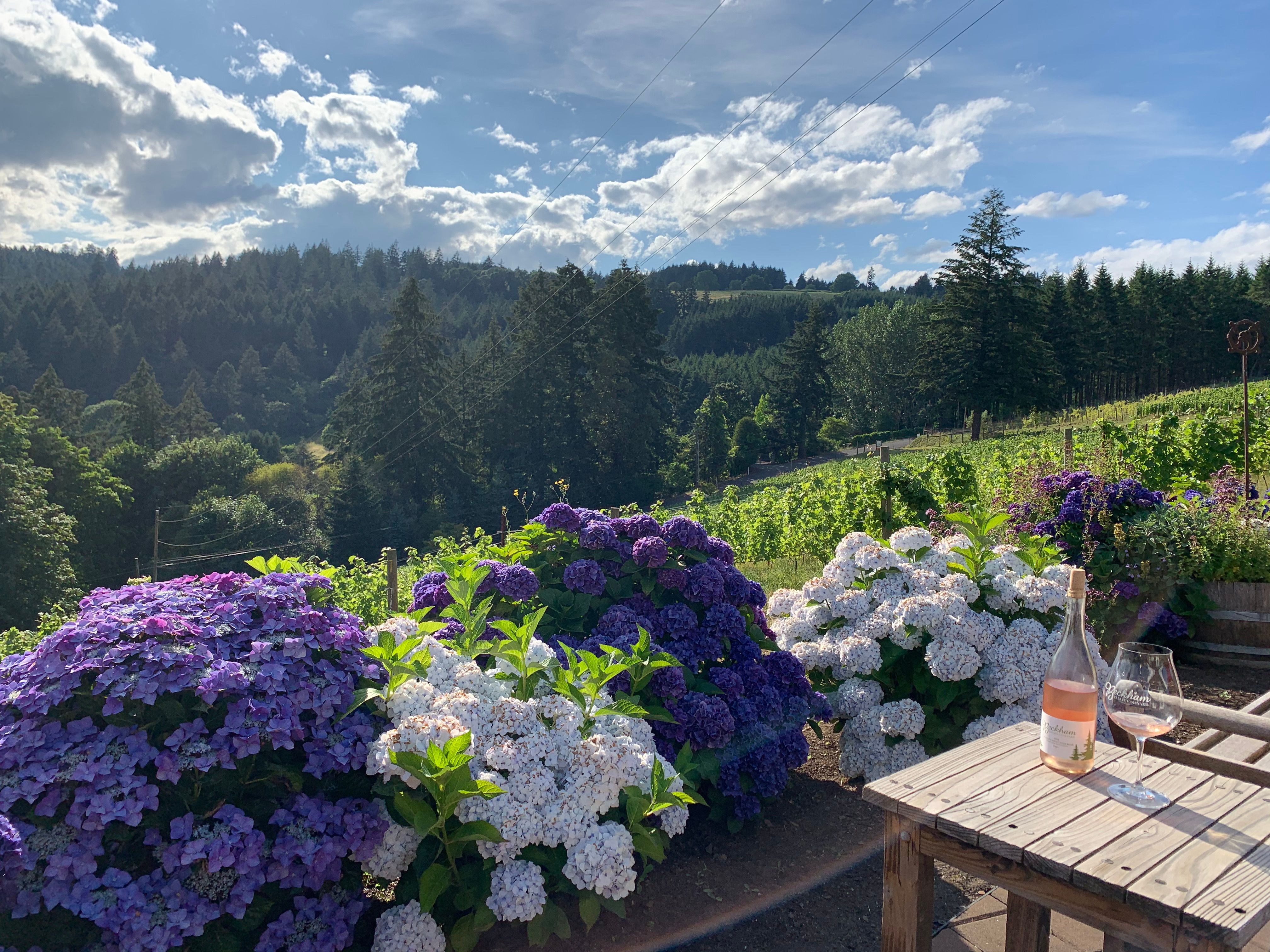
What inspired you to focus on regenerative farming practices?
AB: We live on the property and after having children who would be running through the vines daily it was increasingly important to us to farm with integrity and forethought not only for our own health but that of future generations. When we started farming organically that was the entry point. Not using pesticides, herbicides was just the beginning. Dry farming the vineyard, planting a cover crop, no to very little tillage, composting, beekeeping and welcoming animals. Chicken, sheep and for a time pigs was the next step which ultimately led us to joining our local Biodynamic group and incorporating more Biodynamic practices. We have kept 20% of our total acreage to forest and meadow and will be planting some heirloom apples in 2022. We are perpetual students. One size fits all farming is not a good model. Watching, learning, adapting and making choices for the health of the whole farm including its future generations is our guiding compass.
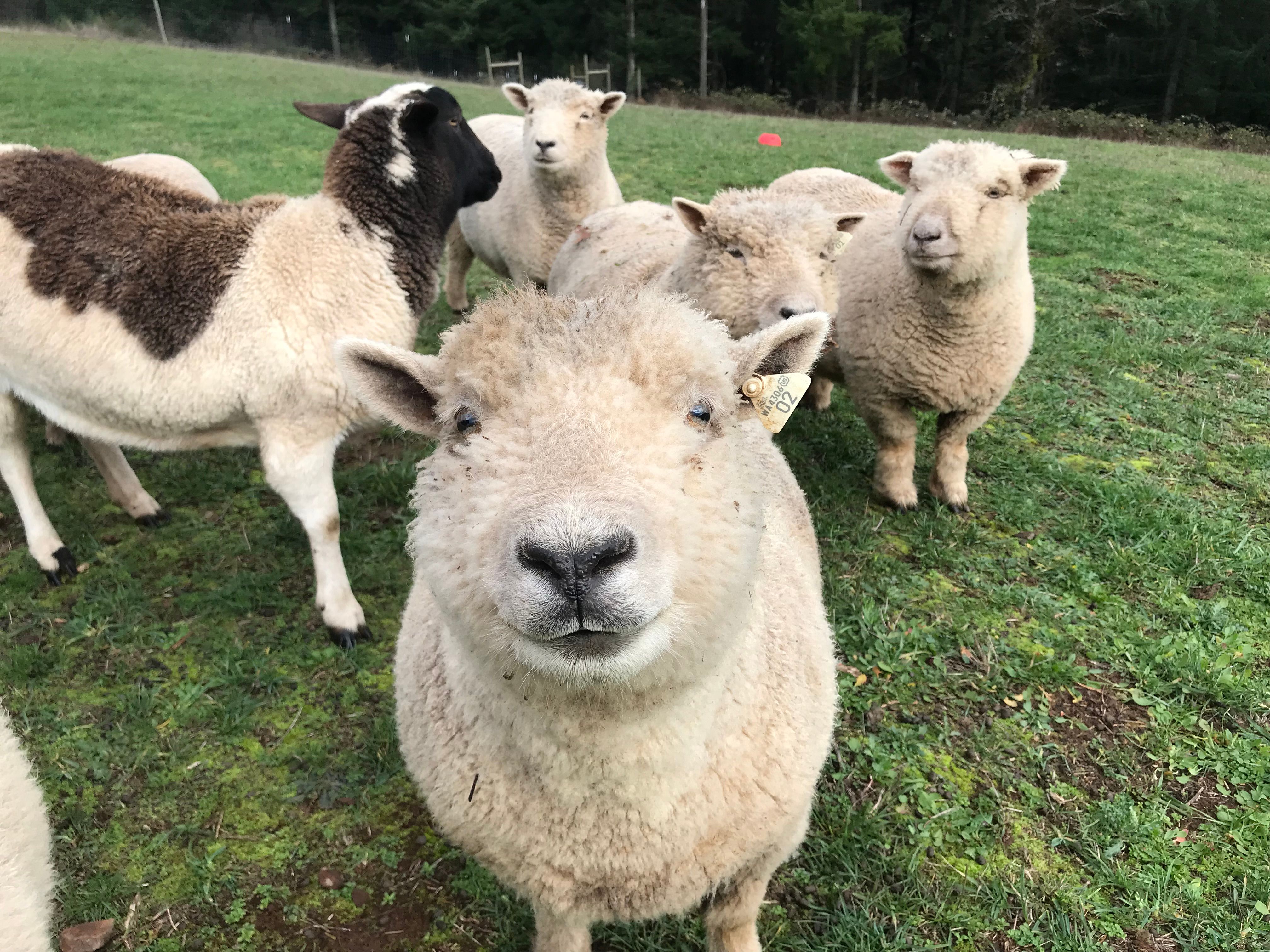
There are a lot of terms out there: biodynamic, regenerative, sustainable —can you shed some light on the differences?
AB: Biodynamic takes Organic practices to the next level looking at the health of the soil and the entire farm system. Similar to organic farming, biodynamic farming does not use synthetic pesticides and herbicides, GMOs, hormones or other pharmaceutical growth promoters for livestock. Biodynamic farming works to create a diversified, balanced farm ecosystem that generates health and fertility from within the farm as much as possible. Biodynamic practices are in turn a component of regenerative agriculture which is also a holistic land management practice. Regenerative farming leverages the power of photosynthesis in plants to close the carbon cycle, and build soil health, crop resilience and nutrient density. Regenerative agriculture improves soil health, primarily through the practices that increase soil organic matter.
What are the top reasons people should support regenerative farming and winemaking? Supporting regenerative farming and winemaking gives consumers a chance to play an active role in rebuilding our soils, increasing biodiversity and reducing atmospheric carbon.
Anything else you would like to add?
AB: Beckham Estate is likely the only winery in the world where the production of the terracotta vessels for fermenting and aging is on-site, and is integrated with the farming and production of the wines.


